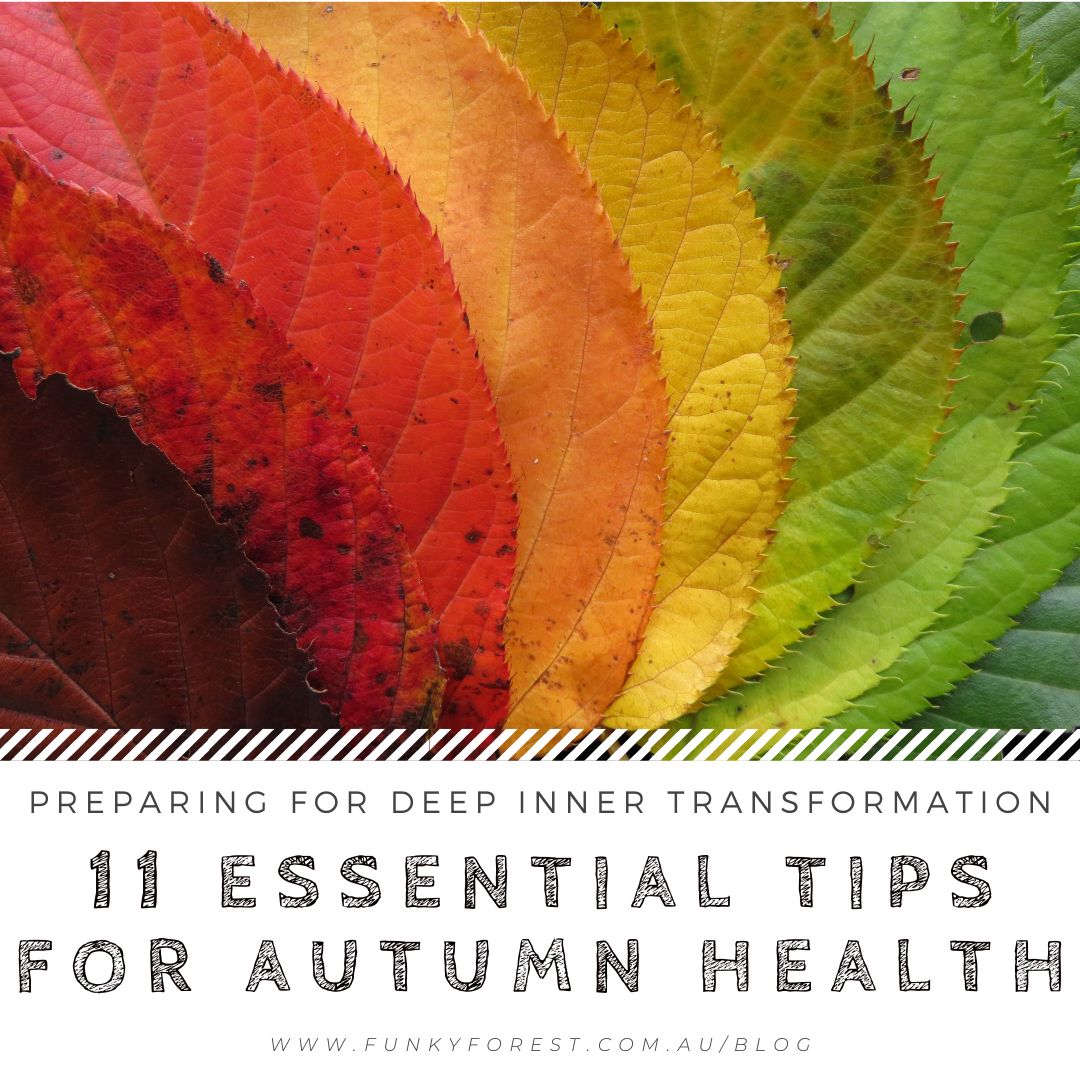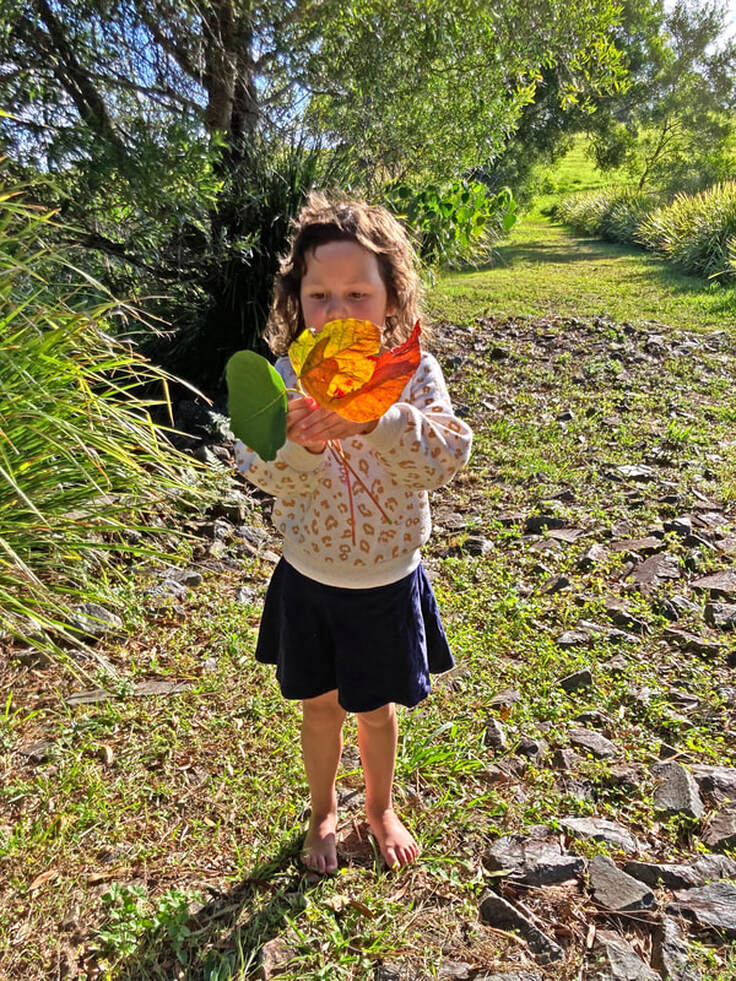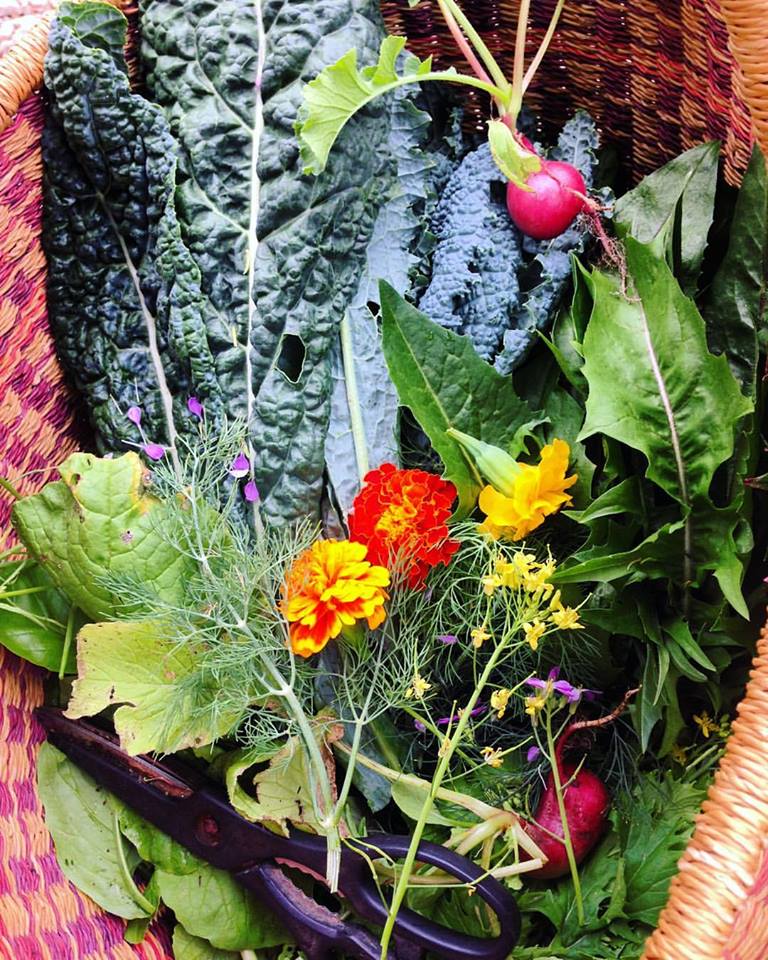Updated April 2023. Originally published in Living Now magazine, 2016.
At this time of year, as the sap of the trees and flowers returns to their root systems, we too are preparing to turn inward. In virtually every ancient medicine system, this season of harvest was seen as the time of the year to pull inward and gather together on all levels; a time to plan for the approaching darkness and stillness of winter.
In TCM (traditional Chinese medicine), autumn is associated with wind and dryness. It’s also the season associated with the lungs and large intestine, which are responsible for releasing carbon dioxide and food wastes, respectively. It follows that the energy of both these organs is ‘letting go’. Elimination problems like chronic constipation can be exacerbated at this time of year. Emotionally, it’s the time of year to look at things we are hanging onto that are no longer serving us, and to let them go for good.
It should be noted that healing our immune systems starts in the gut. A chronic lack of stomach acid (dryness) coupled with intestinal permeability (which can be caused by bacterial overgrowth and inflammation) results in the absorption of large, undigested proteins. This may trigger a heightened immune response as well as digestive issues such as constipation. Probiotic foods such as sauerkraut and kefir may be indicated to bring the gut flora back into balance, thus strengthening the immune system.
Since autumn is also a time to organise the perhaps scattered patterns of the previous warmer seasons and prepare to bunker down for winter, sour or contracting foods are traditionally used to focus mentally, gather together, and move inwards. Here too, sour foods such as sauerkraut become valuable and season appropriate, since this is harvesting time for cabbage.
Now is not the time of year to embark on a raw food diet, and many people naturally find a diet high in raw foods difficult to digest. Longer cooking times, heartier ingredients and more colourful root vegetables provide the ease of digestion, nourishment and support that the immune system needs.
With this in mind, here are my top tips for creating health this autumn, and ensuring you greet the colder seasons strong, well nourished and ready for the deep inner transformation of winter.
1. Warming, grounding and moistening foods. Soups and stews require longer cooking times, making them warming and easier to digest –a relief for clogged up bowels. Root vegetables such as carrots and sweet potato synchronise us with the inward and downward energy that propels us from warmer months towards winter, as do healthy proteins such as legumes, eggs, and organic meats. A delicious bone broth coupled with sweet potato, cabbage, radishes, onions, garlic and warming spices such as ginger and chilli would make a wonderfully nourishing autumn meal.
2. Sour foods such as sauerkraut, sourdough bread, olives, pickles, rose hip tea, vinegar, natural yoghurt, lemons, limes, grapefruit, and the sour varieties of apples and grapes. Preserved lemons are a favourite of mine and bring a burst of flavour to avocado on sourdough toast. Small amounts of sour foods have a strong effect; so use them respectfully.
3. Reduce the consumption of alcohol, something that you may have started drinking more of in the heat of summer. Alcohol is not morally ‘bad’, but an excessive intake may depress the activity of your immune system and tax your liver. If you're not comfortable with your current intake of alcohol, now would be a good time to seek the help of a skilled practitioner to address the imbalances – be they physical or emotional – at the bottom of your cravings.
4. Immune-boosting supplements include vitamins A, C, and E, and zinc. Go for a general multivitamin containing all of these as opposed to a zinc supplement on its own, which may create imbalances (unless specially prescribed by your health practitioner.) Ideally you would also eat foods naturally high in these micronutrients, such as eggs and orange fruits and vegetables (vitamin A), lots of colourful fruits and vegetables (vitamin C), and nuts, beans, oysters, whole grains, and seeds (vitamin E and zinc).
5. Bioflavonoids are antioxidants that stimulate immune system function. They enhance the action of vitamin C and are found in parsley, onions, berries, cacao, black tea, wine, and citrus fruits–a good reason to enjoy a homemade hot chocolate or a pot of good quality organic black tea every now and then!
6. Immune-modulating and immune-stimulating herbs. Astragalus (Astragalus membranaceus) and reishi mushrooms (Ganoderma lucidum) are great for building immunity going into the colder months.
Other plants can be taken at the first signs of a cold and they include:
- Andrographis (Andrographis paniculata)
- Echinacea species, and
- Elderberry (Sambucus nigra).
These herbs may be contraindicated in those individuals with a hyper-vigilant immune system, such as those with autoimmune disease. Concomitant use with immunosuppressive drugs is also not recommended. I strongly recommend working with a herbalist, naturopath, or other practitioner skilled in herbal medicine, as these botanicals are potent in their immune effects and it may be necessary to cycle them rather than take them continuously.
7. Sunshine for vitamin D, which enhances immune system activity and keeps SAD (Seasonal Affective Disorder) at bay. Vitamin D also regulates levels of calcium and phosphorus in the body, and improves bone health.
8. Magnesium citrate to relieve constipation (which traditional practitioners would say is a manifestation of dryness in the large colon.) It is safe in moderation, even for young children. I recommend taking it just before bed, which will lead to an easier bowel movement in the morning. It can be purchased in powder form and mixed into a glass of water. Needless to say, staying hydrated with plenty of pure water will also help relieve constipation.
9. Deep breathing exercises improve our energy levels, memory, and immune health, and increase lung qi or prana. Most of us simply do not breathe deeply and often enough! Make a point of stopping throughout the day and taking three deep breaths. Breathing all the way to the bottom of your lungs, and releasing the breath completely will leave you feeling revitalised. I don’t recommend doing breath retention exercises unless you are experienced in this, or are being specifically guided by an experienced yoga, pranayama or free diving teacher.
10. Emotional release. Holding onto old grudges and reliving past traumas is not good for anyone and damages us both physically and psychologically. Luckily there is a plethora of options when it comes to releasing work, ranging from self-help books and courses to skilled therapists. Rather than dissociative practices, I've personally found embodied dance, kickboxing, and EMDR with a clinical psychologist to be most helpful for releasing pent up emotion and re-regulating my nervous system.
11. Let go of the old. Now is a good time for letting go of objects, people or experiences we are overly attached to, and to stop reliving the past. Donating any clothes, books, and other household items you haven’t used in ages is also fantastically uplifting!
As a dietitian and (very soon-to-be, 9 weeks of study to go!) naturopath, I love supporting people to optimise their wellbeing in alignment with the seasons of the year, and the seasons of their lives. Contact me at [email protected] if you'd like a 1:1 consultation to support your health this Autumn and beyond.
Wishing you health and fortitude through the coming cooler months!
Casey




































 RSS Feed
RSS Feed



